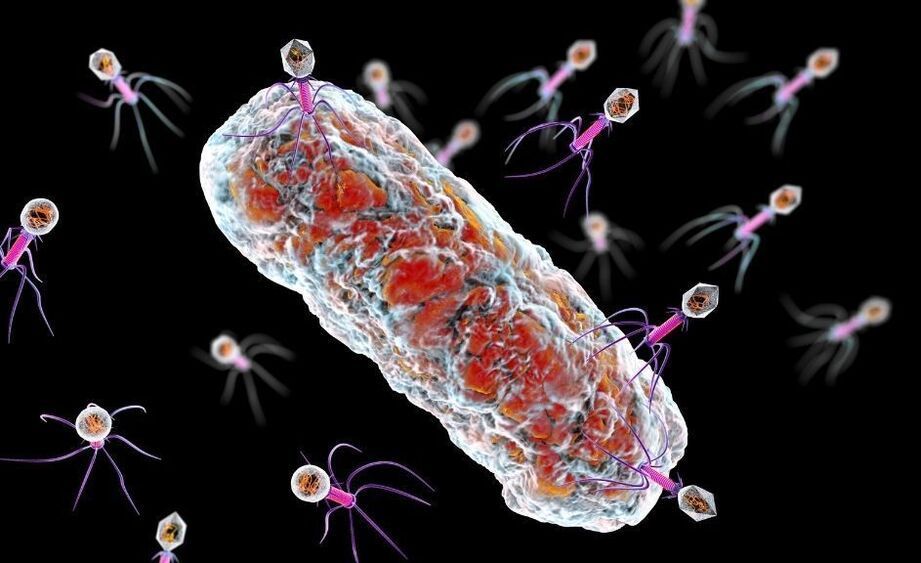Viruses that infect bacteria may drive the evolution of drug-resistant superbugs by inserting their genes into the bacterial DNA, a new study suggests.
The bacteria-attacking viruses, called phages, act as parasites in that they depend on their hosts for survival. The viral parasites often kill off their microbial hosts after infiltrating their DNA, said senior study author Vaughn Cooper, director of the Center for Evolutionary Biology and Medicine at the University of Pittsburgh School of Medicine. But sometimes, the phages slip into the bacterial genome and then lay low, making sneaky changes to the bacterium’s behavior, Cooper said.
